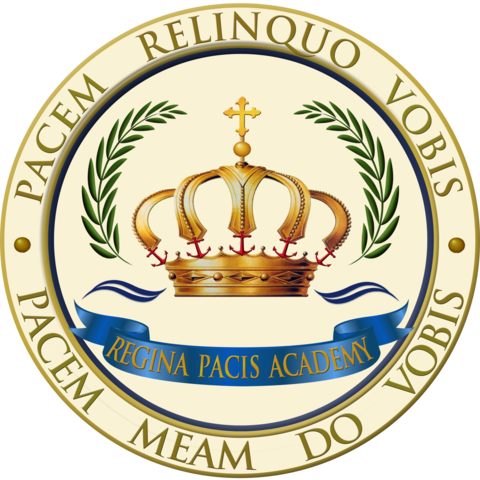As a parent, you want your child to attend a school that keeps their safety in check. Private schools have the capacity to prioritize both physical and emotional safety for young learners in preschool, elementary school, and beyond. With 25% of all schools in the United States being private schools, parents are prioritizing the security of their child's education, especially in the current divisive and polarizing times.
Here are three ways in which private schools keep students safe.
Trained Teachers
When you send your child to a private elementary school, you’re putting them in the hands of well-trained teachers and assistants that understand the best ways to keep young learners safe. All schools must have safety procedures in place for emergencies, and private school teachers are expertly trained on how to properly follow them. Because of this, you can rest assured that your children are safe at school each and every day.
In addition, teachers who have been properly vetted before hiring provide you with the assurance of their moral character. Beginning the process of finding the “who” behind the instruction means having hiring practices that communicate a school's commitment to keeping children safe: using written standard applications, requiring criminal background checks, completing face-to-face interviews, and checking references. In addition, at a Catholic classical school like Regina Pacis Academy, all teachers profess an Oath of Fidelity to the Magisterium of the Catholic Church and require personal, pastoral references and a narrative about how their strong Catholic faith will imbue their classroom.
Small Class Sizes
Once you have the appropriate teachers hired, the next step to ensuring a safe school learning environment is maintaining a proper teacher-to-student ratio. With a smaller ratio and class size altogether, teachers truly have the ability to get to know their students personally. A close-knit classroom allows adults in the space to see when students are struggling emotionally so they can help them properly. The students become more than just a name on a roster - and the teachers become much more to the students than just someone who gives them homework.
In addition, small class sizes also help in terms of physical safety. In an emergency situation, a small class will be easier to navigate emergency procedures with as well.
Safety Protocols and Rule Enforcement
Private schools prioritize the safety of the school building as well. Rules are set in place so only school personnel and students are allowed inside the building during school hours. Parents, volunteers, and other professionals visiting a given private elementary school must have permission to enter the building, which keeps your children safe. In addition, in a Catholic school like Regina Pacis Academy, all teachers, staff, and school volunteers receive training in VIRTUS, a requirement for any adult working with minors.
Rule enforcement is also important in the classroom. Teachers go over rules with students at the beginning of the school year and regularly review them. Teachers work hard, especially at the beginning of the year, to set (and practice!) procedures in the classroom to allow the students to succeed. Practicing emergency routines, such as fire drills, is a practice vital to school safety. This way, students understand how to remain safe at all times of the year.
When it comes to your child’s safety, you must send them to a school that makes it a priority. Your young learner’s physical and emotional well-being must be protected by the adults in your child’s private elementary school so they can focus on the goodness, truth, and beauty with which they are surrounded in a classical Catholic school like Regina Pacis Academy. For more information about these safety measures or any other questions, contact Regina Pacis Academy, the best Catholic classical school in Connecticut.


